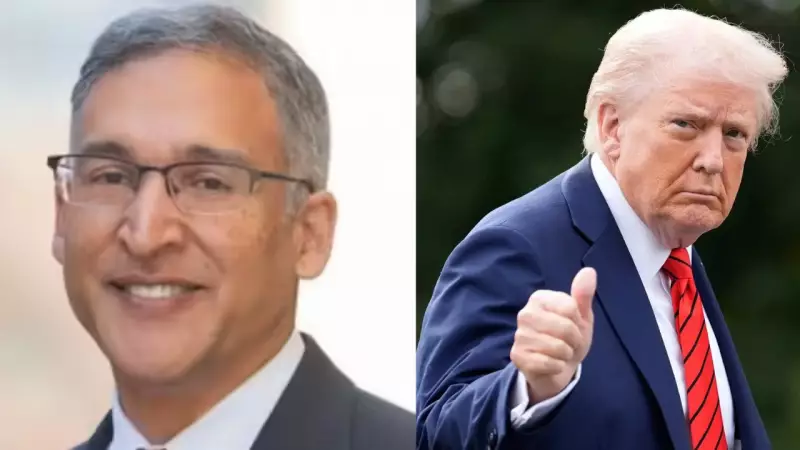
In a high-stakes legal confrontation that could redefine American trade policy, renowned Indian-American attorney Neal Katyal is set to argue before the US Supreme Court against tariffs imposed during Donald Trump's presidency. The case represents a pivotal moment in the ongoing debate over presidential authority in international trade matters.
The Legal Battle Over Presidential Power
The Supreme Court has agreed to hear arguments challenging tariffs that the Trump administration levied on steel imports using Section 232 of the Trade Expansion Act of 1962. This obscure trade law allows presidents to impose tariffs based on national security concerns, but critics argue the Trump administration stretched this authority beyond its intended purpose.
Neal Katyal, a former Acting Solicitor General of the United States and one of the most frequently appearing attorneys before the Supreme Court in recent years, will represent a coalition of steel companies fighting what they call "overreach" in trade policy.
Why This Case Matters for Global Trade
The legal challenge centers on whether the Trump administration properly interpreted Section 232, which was originally designed to address genuine national security threats to American industry. The steel companies argue that the economic conditions in 2018 didn't constitute the type of emergency situation the law was meant to address.
Key implications of the case include:
- The scope of presidential authority in trade matters
- The definition of "national security" in trade policy
- Potential refunds of billions in tariff payments
- Future constraints on executive trade actions
Neal Katyal's Formidable Legal Track Record
Katyal brings impressive credentials to this fight. The partner at Hogan Lovells has argued numerous landmark cases before the Supreme Court and served as the Obama administration's top lawyer before the high court. His selection signals the significance steel companies place on this challenge.
"This isn't just about tariffs—it's about the balance of power between the executive and legislative branches in trade policy," said a trade policy expert familiar with the case.
What's at Stake for Businesses
American businesses that paid these tariffs stand to recover significant sums if the Supreme Court rules against the government. The decision could also determine how much latitude future presidents have in imposing trade restrictions unilaterally.
The Biden administration has continued to defend the tariffs in court, despite some policy differences with the Trump approach, highlighting the executive branch's traditional defense of its authority in trade matters.
Legal observers expect a closely divided decision, given the complex interplay between national security concerns and economic policy. The outcome could establish precedent affecting trade relations for decades to come.





